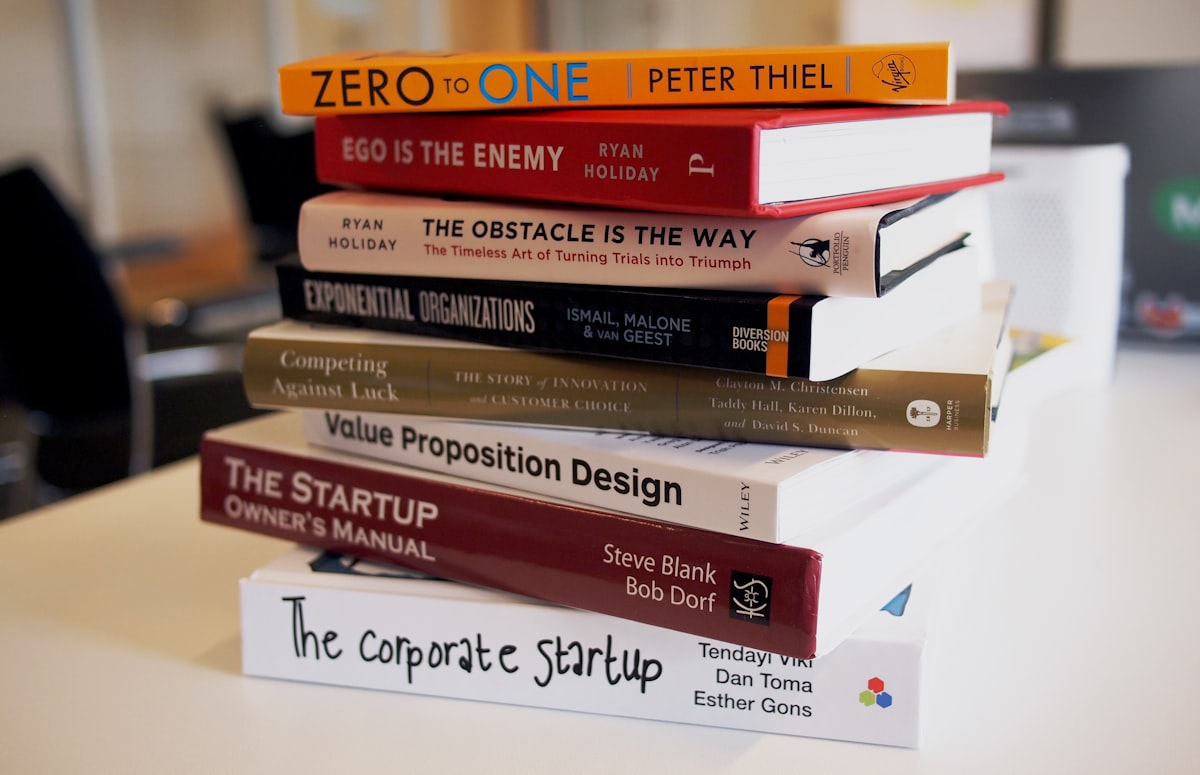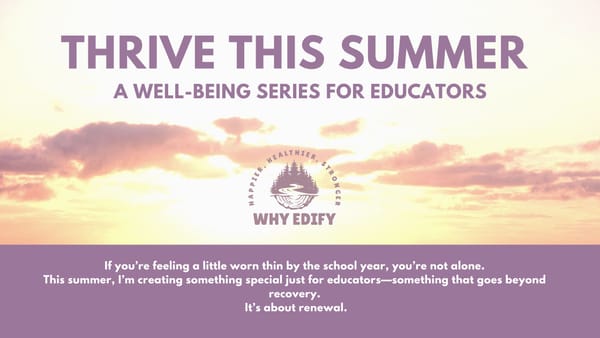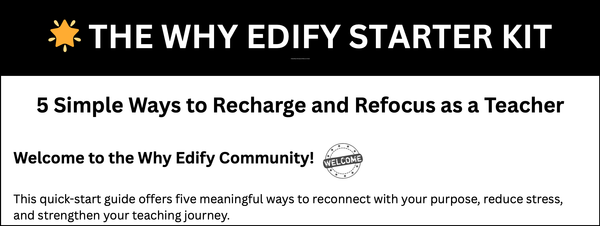The Practice by Seth Godin Book Summary and Golden Lines
I chose this book because I've always been impressed with the fact that Seth Godin has shared something on his blog every day for many years. Even though he is a marketing expert, many of the things he shares seem to apply to my personal and teaching life.

As an Amazon Associate, I earn from qualifying purchases. All affiliate links are marked with an asterisk (*). This helps support the newsletter. Thank You! Read more here.
The Practice by Seth Godin
Book Summary and Golden Lines
The Book In Three Sentences
- Creativity is a choice and is driven by the desire to find new truths, solve problems, and serve others.
- The practice itself is the output, and it's what we can control. It takes us where we want to go better than any other path.
- To be creative, we need to find the courage to embrace discomfort, trust the process, and commit to the journey.
I chose to read this book* because I've always been impressed with the fact that Seth Godin has shared something on his blog every day for many years. Even though he is a marketing expert, many of the things he shares seem to apply to my personal and teaching life.
Golden Lines (description and free resource) - These are some of my favorite lines from the book along with my react
Lost in all the noise around us is the proven truth about creativity: it’s the result of desire—the desire to find a new truth, solve an old problem, or serve someone else. Creativity is a choice, it’s not a bolt of lightning from somewhere else.
Creativity doesn't just appear, it's a result of desire and consistency. Most of us are wonderful consumers. Any of us can be a creator. It's a recipe that includes commitment, discomfort, and a willingness to be bad at something until you improve. This is true both inside and outside the classroom, for students and teachers alike.
The practice is not the means to the output, the practice is the output, because the practice is all we can control.
Where do you want to go? Decide on the things you are going to do each day. Do them. This is all we can control.
Learn to juggle. Draw an owl. Make things better. Without regard for whether it’s going to work this time. The practice will take you where you seek to go better than any other path you can follow. And while you’re engaging in the practice, you’ll honor your potential and the support and kindness of everyone who came before you.
When I think of "the practice," I connect it to learning, writing, reflecting, and making it a habit to try something new. As we learn and share, we thank those who helped us along the way. Then, we share what we have learned with someone new. This is worth modeling for our children and students.
Leaders seek to make things better, to contribute and to find firm footing. The chance to make a difference and to be seen and respected, all at once.
For this very reason, I consider teachers community leaders. Teachers help people become better versions of themselves. This contribution compounds over a career. I look forward to the day when teachers are truly respected and compensated appropriately for this.
Writing is a universal solvent for creatives. Painters, entrepreneurs, therapists, circus acts—each of us can write our story down, a permanent record of how we see the world and how we will change the world. Yes, you can do it in private, in a notebook that no one will ever see. But you will find so much more juice if you do it in public. Even if you use an assumed name. Even if you only circulate it to a few people.
Writing helps me make sense of things. There is always someone who can learn from your experiences. Making it public invites a component of serendipity. Who knows what might come of it?
Blog every day. It’s easy, it’s free, and it establishes your identity long before the market cares about who you are and what you do.
I know of a few writers who share something every day. I'm impressed by their commitment. I'm not sure what identity I want to convey, but I do like the idea of writing to reinvent yourself. I also find that the more I write, the more things seem to make sense. I also notice an increase in creative thinking. Perhaps in the future, I'll be an everyday writer.
What Do You Sound Like when You Sound Like You? One way to avoid criticism (and to distrust our own voices) is to sound like everyone else. When we mimic talking points or work hard to echo what the others have said, we’re hiding. We’re doing it with the support of the system, the one that would prefer we be a commodity, an easily replaceable cog in the factory. Everyone has a voice in their head, and every one of those voices is different. Our experiences and dreams and fears are unique, and we shape the discourse by allowing those ideas to be shared. It might not work. But only you have your distinct voice, and hoarding it is toxic. Of course you’re allowed to sound like you. Everyone else is taken.
What a call to embrace your authenticity. It’s not always easy because you open yourself up to criticism, but it does feel good. I am now in my third decade of teaching and feel that I finally can just be me in the classroom.
Writing in public is another story. I am a firm believer in the idea that there is no “normal”. We can’t learn from one another if we’re all the same.
Explore more book summaries below.





